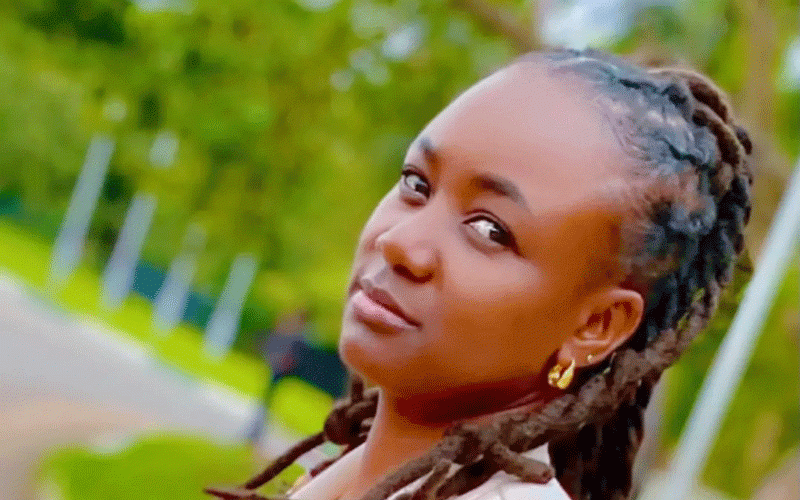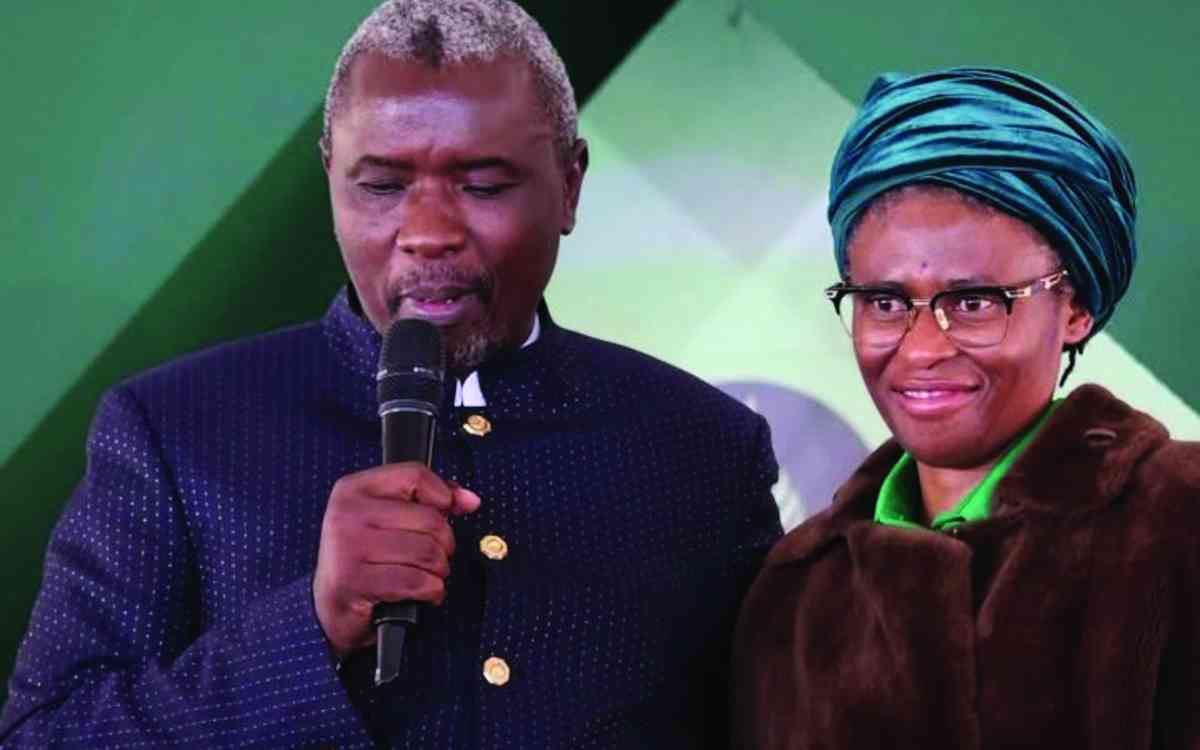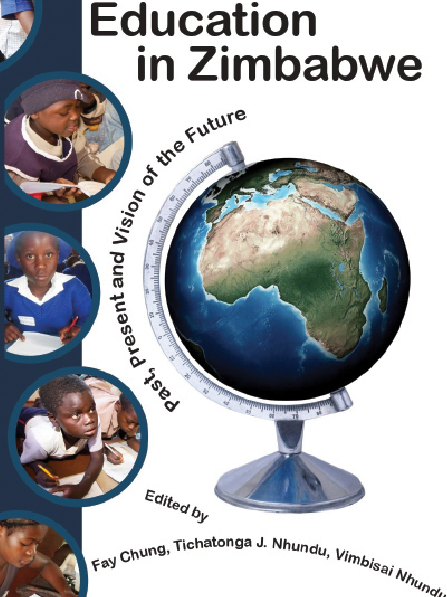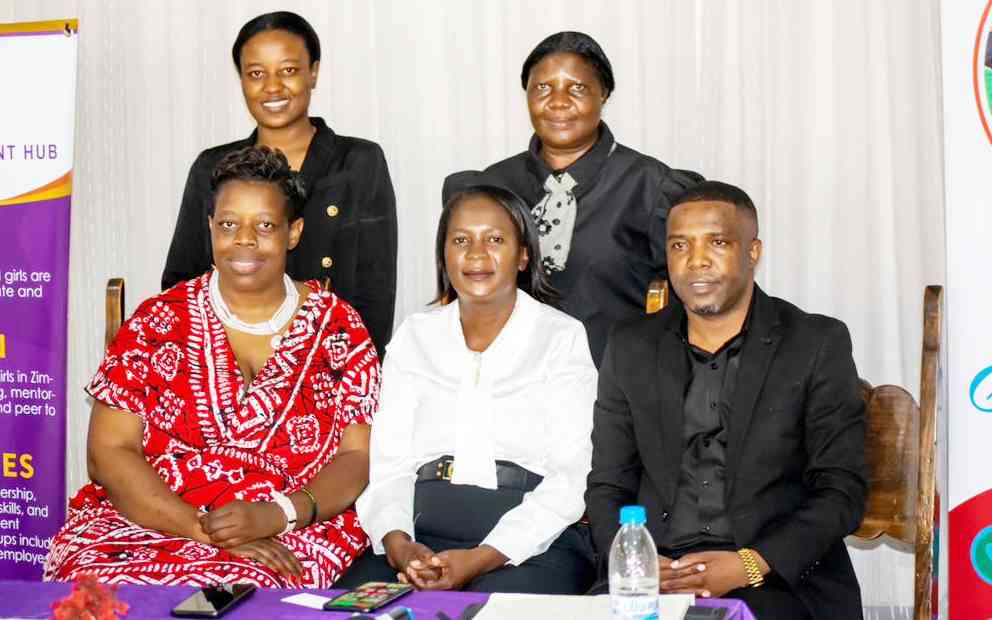
I went to Sherwood Golf Club in Mabelreign a fortnight ago in anticipation of a reggae concert by Mel B. When I arrived at the venue, I was informed that this well-advertised show had been cancelled.
Nobody gave me the reason for this cancellation. It couldn’t have been a money dispute because venue owners do not advertise events before an agreement has been made. I could only speculate on the reasons:
Is it because Mel B is female and could not fight her way to do the performance?
Was it sabotage?
Zimbabwean Reggae shows have been dominated by male artistes such as J Fari, Mannex Motsi, House of Stone, Mike Inity and Cello Culture with Transit Crew.
It was quite heartening to learn that a female reggae artist was taking to the stage this time and I made an effort to be present at the function.
Why is it difficult for female artistes to get into music in this male-dominated area?
There are a lot of issues involved when it comes to female artistes in Zimbabwe.
- Struggling Sadio Mane is on a quest to earn Senegal’s Afcon redemption
- Struggling Sadio Mane is on a quest to earn Senegal’s Afcon redemption
- Arts stakeholders converge at Sherwood Golf Club
- Kunonga’s upbringing bears fruits in music industry
Keep Reading
Today, a persistent gender gap in music access keeps women from unlocking music’s full potential. I don’t mean to be harsh on women, but this is one reason why some of them are forced to compromise on a lot of things as a way of having access to the music world. Their under-representation in music circles and music careers remains a major barrier to their participation in modern music trends. And the pervasive threat of online gender-based violence—coupled with a lack of legal recourse—too often forces them out of the spaces they do occupy. Music therefore becomes a hard terrain for women.
It is a pity that some of the leading women in this field have left us.
Those Zimbabwean women who were brave enough to enter the music world such as Stella Chiweshe, Dorothy Masuka, Beatar Mangethe, Chiwoniso Maraire , Deborah Fraser and Susan Mapfumo have died.
We need to thank these women for their inspirational roles in the difficult male-dominated field of music. Even today, in 2025, there has been a very strong misconception about women in the music business in Zimbabwe.
The main reason is the traditional role played by women in African societies where being in a band is regarded as a male thing. Women musicians in Africa are often perceived as either people who are lacking in moral values, loose women or undisciplined individuals who have rebelled against society. However, this is not true. There are more such women in society than there are female musicians. It’s just that most men prefer to see women playing a secondary role to them. Music business therefore becomes taxing both socially and emotionally for many women. Despite that, we still have a handful of Zimbabwean female musicians in and outside Zimbabwe. To give an example, names which come to mind include Olivia Charamba, Janet Manyowa, Busi Ncube, Edith we Utonga, Novuyo Dube, Tahle we Dzinza, Gemma Griffiths, Diana Samkange, Ammara Brown, Fungisayi Zvakavapano-Mashavave, Shingisai Suluma, Tamy Moyo, Selmor Mtukudzi, Hope Masike, Tariro ne Gitare, Fatima Katiji, Claire Nyakujara, Rutendo Mugandani, Anita Jackson, Tendai Mavengeni, Feli Nandi, Tina Masawi, Vuyo Brown, Thandi Bhala, Mimie Tarukwana, Pauline Gundidza,Pauline Kamusewu, Prudence Katomeni-Mbofana, Plaxedes We Nyika, Sku, Sibo, Lipsy, Patience Musa, Kudzi Sevenzo, Sandra Ndebele, Thanda Far Richardson, Pa Chihera, Cindy Munyavi, Mercy Mutsvene, Rute Mbangwa, Dudu Manhenga-Mparutsa, Ivy Kombo, Betty Makaya, Lady Squander, Joice Semente, Tererai Mugwadi, Da-Ruler, Vimbayi Zimuto, Primrose Sithole, Eve Kawadza, Bounty Lisa, Sha Sha, and Rozalla Miller to mention only a few courageous ones. There are many more who have not appeared in the limelight. Some of them are used as backing singers on the music scene dominated by their male counterparts.
A lot of women are found in the gospel arena because it is a safe platform from which to land oneself onto the music scene. Because even men fear God, it is difficult for male chauvinists to stop their wives or daughters from singing about God in church. This is why it is easier for a woman who wants to venture into singing to start off with being a member of her church choir.
What most women need is the determination to break through the old ideas that some work is for women and other for men. That is how our society can grow. After all there is no difference in the brain cells between men and women. Scientists have yet to prove this if that is the case. Today, we now have female scientists, pilots, doctors and automobile engineers, jobs which were dominated by men before.
I am not sure how society got it wrong. It is the woman who gives birth to every man in this world . From a baby to adulthood, the woman is in charge of that man. She tells him what to do and how to behave in society. She grooms him and introduces him to this world. So how does this man end up dominating the woman who nurtured him? I don’t understand.
I am angry because Mel B’s (a female singer) show was cancelled at the last minute for reasons I can only speculate on. Is it because she is female? I am still yet to find out.
But who is this Mel B I am talking about? Some of you might ask.
Melanda Bepura a.k.a Mel-B-Mel Huchi was born on the 17th of January 1993 in Karoi. She started singing from a tender age, going through the ranks dating back to school choirs, jazz bands and gospel groups between years 2009–2014.
Born in a Christian family to a father who is a pastor, Mel B was raised on church music. Apart from gospel music Mel B also grew up on a lot of reggae from Bob Marley and Lucky Dube, Michael Bolton and Dolly Parton which were her father’s favourites. She discovered her song writing ability in high school when she wrote two songs that made it on the Howard High School 2009 DVD album and since then she has been writing songs. From being a singer in church to being a jazz singer, Mel became a solo artist in the year 2014 and has many singles to her name. The now reggae singer is proud to be her own writer as she aims to be an inspiration to every ear that listens to her music which she describes as her expression of that which cannot be said i.e. own life experiences and thoughts similar to yours. This expression is felt in tunes such as Unongochema, Feels So Good and Word Up which she wrote recently. She is inspired by female reggae musician, Etana and aims to rise in music and make the best of her abilities as a reggae artist.
Over the years she has managed to gain much experience from working with seasoned musicians in the Zimbabwe industry. From being one of the lead singers in gospel groups such as Zimpraise Choir, Extreme Afriq and Sweet Inspiration to becoming a backing vocalist for artistes such as Kudzai Sevenzo and Rockford Josphat aka Roki among many others, she has also collaborated with other artistes such as Jah Prayzah, Guspy Warrior and Shinsoman. Mel B has recorded with producers such as Mac Dee (Eternity), DJ Tamuka, Jamaican Kemson Fenton a.k.a Macgyver, Rodney.
This strong virtuous African woman is on a wonderful music journey as she tells her story through reggae music.
Gender inequality is obviously rife across the industry. There are many issues female musicians face.
These issues, challenges and experiences are not “women’s problems” to be solved just by women in the music industry. Men also need to put their weight behind the issues. For instance, in an event that involves several artistes, male artistes can stipulate that they will only play events with balanced bills.
It’s clear that there’s still a long way to go for women in the music industry, but that’s all the more reason to celebrate the likes of Mel B who have defied expectations, sexism and ageism throughout their music careers.
- Feedback: [email protected]











